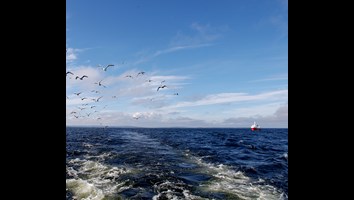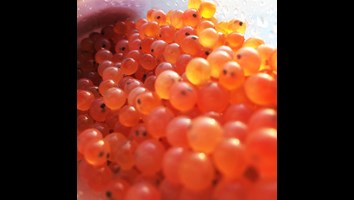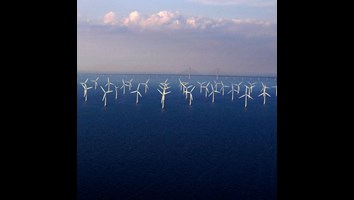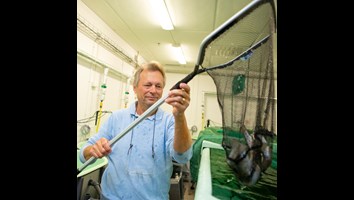Department of Aquatic Resources
The research of the Department of Aquatic Resources focuses on fish and shellfish in the seas, lakes and rivers. We monitor the aquatic environment, developing the methods and know-how for sustainable use of aquatic resources.

Database for Coastal Fish – KUL
The KUL database contains catch data from the coastal fishery. In its current form, KUL has been in operation since 2006. Individual fish data are also stored in KUL. This can be gender distribution

Fler men mindre kräftor i Vättern och Hjälmaren
The number of signal crayfish is increasing in Sweden's largest lakes: Lake Vänern, Lake Vättern, Lake Hjälmaren and Lake Mälaren. But in several of the lakes, the proportion of small crayfish is

Course in Principles of Fisheries Science
How much can we fish without jeopardising fish stocks and ecosystems? Fisheries science is the field that answers that question. In the course Principles of Fisheries Science you will learn all about

Course in Ecology for Fish Management and Conservation
Are you interested in the ecology and sustainable management of fishes and their habitats? In the course Ecology for Fish Management and Conservation you will apply your new knowledge on fish ecology

Bachelor thesis 15 ECTS
Do you want to work with marine biology, marine ecology, freshwater biology, freshwater ecology, limnology or sustainable development? Make a difference for the Baltic Sea, the Skagerrak or Kattegat,

Master-thesis-30/60-ECTS
Do you want to work with marine biology, marine ecology, freshwater biology, freshwater ecology, limnology or sustainable development? Make a difference for the Baltic Sea, the Skagerrak or Kattegat,
Education
We offer education and courses for those who are interested in fish, fishery, marine biology, limnology (freshwater biology) and aquatic ecology. Our courses are highly rated by our students and we

Hållbart fiske kräver djupare kunskap om fiskpopulationer
To ensure sustainable fishing we need to know how large the fish populations are, and understand their dynamics. In his thesis, Stefan Skoglund at SLU has developed methods that increase our

No-take zones
In no-take zones, all fishing is prohibited, which allows for the protection and recovery of marine populations and environments. The Swedish University of Agricultural Sciences (SLU) have monitored

SLU och Vattenfall följer upp vindkraftens påverkan på fisk och biologisk mångfald
Interest in offshore wind power is growing and there is a great need for knowledge about how this may affect marine ecosystems. SLU and Vattenfall are therefore collaborating in a new project to

Aquaculture opportunities and challenges
Say 'agriculture' and everyone gets an idea of what you're talking about. But say 'aquaculture' and the associations might not be as clear. Aquaculture has great potential to grow, as more than
Fishinfoodwebs
We link variation in body size and community composition to ecological and evolutionary dynamics in changing environments. In our research we combine dynamic models, experiments and analysis of
